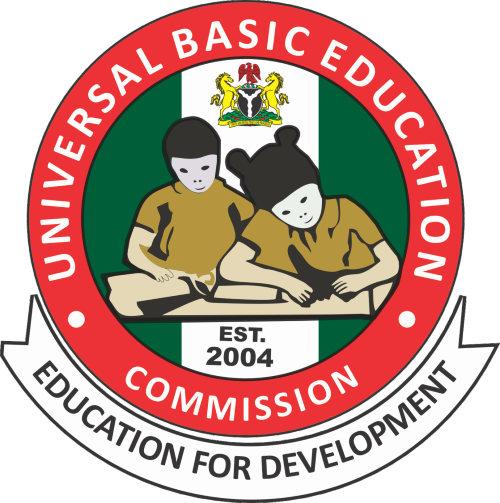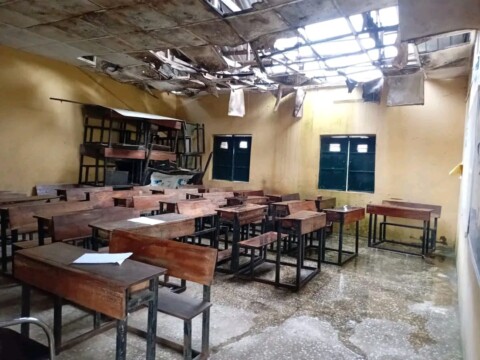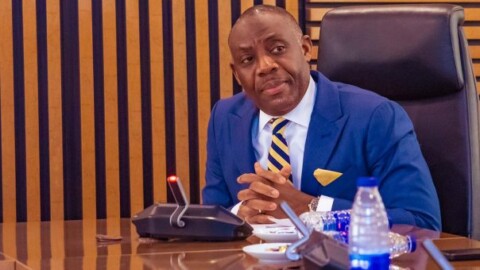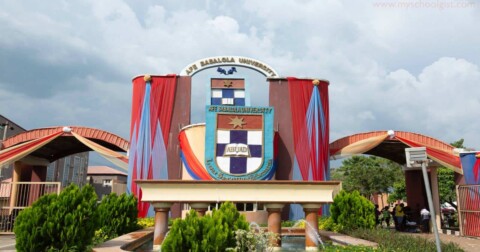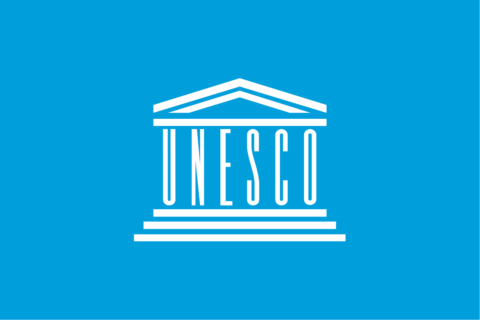The Universal Basic Education Commission (UBEC) is in discussions with the Maryam Abacha American University of Nigeria (MAAUN) and the African Institute for Solutions and Development (AISD) to strengthen the delivery of quality basic education across the country.
UBEC Executive Secretary, Aisha Garba, disclosed this on Friday through a statement posted on her official X (formerly Twitter) account, following a high-level meeting with MAAUN’s President and representatives from AISD.
Garba revealed that the visit featured the presentation of a proposed Strategic Partnership Framework, which is expected to support the implementation of the World Bank–funded HOPE Project—a flagship UBEC initiative aimed at improving access, quality, and infrastructure in Nigeria’s basic education sector.
“The framework offers practical, evidence-based solutions ranging from turnkey toolkits and technical expertise to capacity-building programs, all tailored to enhance UBEC’s capacity to deliver on its federal mandate,” she said.
The proposed partnership, according to Garba, seeks to provide technical support, educational resources, and staff training to enable the commission to meet its national objectives more effectively.
She also noted the alignment of goals between the institutions involved, stating, “Our shared vision for promoting quality basic education and sustainable development through research and innovation continues to pave the way for meaningful collaboration.”
Garba emphasized the importance of data, research, and innovation in driving long-term progress in the education sector, citing AISD’s ongoing studies on out-of-school children as particularly critical to formulating targeted, evidence-based interventions.
“These studies will help us better understand the scale and root causes of the out-of-school problem and design more effective strategies,” she said.
Reaffirming her dedication to educational reform, Garba concluded, “We remain committed to ensuring that no child is left behind and to driving transformative, sustainable improvements in Nigeria’s basic education sector.”

